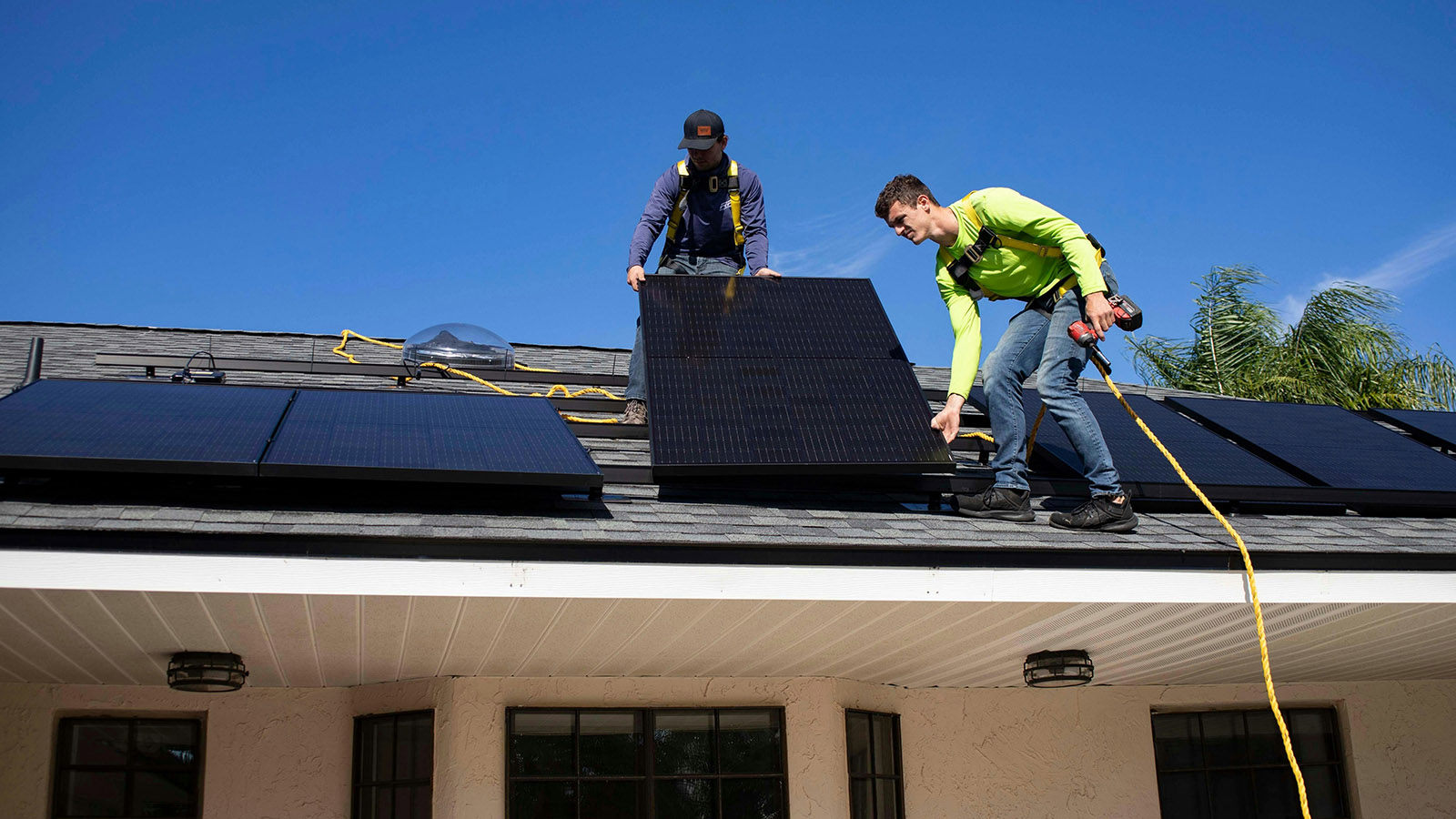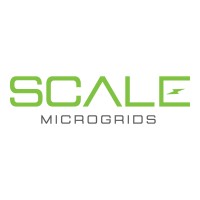Renewable Energy Jobs tagged "Distributed Energy"
-
Hybrid Full Time Today
-
Santa Monica, California, United States + 1 locationHybrid Full Time Today
-
-
Santa Monica, California, United States + 1 locationHybrid Full Time Today
-
ExpiredRidgewood, New Jersey, United StatesHybrid Full Time 25 days ago
-
ExpiredRidgewood, New Jersey, United StatesHybrid Full Time 37 days ago
-
ExpiredLos Angeles, United States + 4 locationsHybrid Full Time 13 days ago
-
ExpiredRidgewood, New Jersey, United StatesHybrid Full Time 37 days ago
-
ExpiredUnited StatesRemote Full Time 34 days agoUSD 102k–128k yearly
-
ExpiredReading, United KingdomFlexible Full Time More than 3 months agoGBP 58k–87k yearly
-
ExpiredUnited StatesRemote Full Time 6 days ago
-
ExpiredUnited StatesRemote Full Time 34 days ago
-
ExpiredUnited StatesRemote Full Time More than 3 months ago
-
ExpiredUnited StatesRemote Full Time More than 3 months agoUSD 150k–194k yearly
-
ExpiredUnited StatesRemote Full Time More than 3 months agoUSD 100k–115k yearly
Distributed Energy Jobs in Renewable Energy
What Distributed Energy Roles Actually Involve
Distributed energy roles center on managing and optimizing power generated or stored at or near the point of use, rather than at large centralized plants. This means coordinating rooftop solar arrays, battery systems, electric vehicle chargers, and other distributed energy resources (DERs) to function as virtual power plants or provide grid services.
A common misconception is that these are primarily installation or hardware roles. In reality, most distributed energy jobs involve software platforms, regulatory navigation, and market operations. Engineers working at companies like ConnectDER focus on grid interconnection standards and utility coordination. Operations teams at Voltus dispatch aggregated resources in response to grid signals. Business development roles require understanding both technical capabilities and complex tariff structures.
The work sits at the intersection of Energy Storage, Smart Grid technology, and regulatory compliance. You're often working with utility partners, independent system operators, and commercial or residential customers simultaneously.
Company Types and Career Paths
The distributed energy sector splits into distinct company types, each hiring different skill sets. DER aggregators like EnergyHub and Voltus need dispatch operators, software engineers, and client success managers who can explain demand response programs to commercial customers. Microgrids developers such as Scale Microgrids hire project engineers and commercial managers who can structure complex energy-as-a-service deals.
Flexibility trading platforms like Piclo combine Software Development with energy market design expertise. Traditional utilities expanding into DER management, including AVANGRID, hire transmission and distribution engineers who understand how distributed resources affect grid stability.
Backgrounds that succeed here combine technical knowledge with commercial or regulatory skills. Former utility engineers transition well, as do software developers interested in energy markets, and business developers from adjacent infrastructure sectors.
Where the Field Is Heading
Roles increasingly require understanding both the technical and market sides. Business development positions now expect familiarity with wholesale market participation and ancillary services, not just customer acquisition. Engineering roles demand software skills for managing IoT-connected devices at scale. According to IRENA's analysis of innovation trends, the integration of distributed resources with digital platforms is creating hybrid roles that didn't exist five years ago.
The premium is on professionals who can bridge domains: engineers who understand market design, software developers familiar with grid constraints, or commercial managers who grasp technical dispatch logic. Geographic hubs include California, the Northeast US, Australia, and Northern Europe, where regulatory frameworks support DER participation in energy markets.
Get Job Alerts
Get alerts for Distributed Energy jobs
Featured Jobs
Renewable Energy Blog Posts
-

Renewable Energy Forecast for 2030
By 2030, renewables are poised to supply nearly half of global electricity, with solar and wind leading this explosive expansion. In this data-driven piece, we explore job creation forecasts, supply chain bottlenecks, and policy hurdles. -

Fastest Growing Renewable Energy Sector: Data and Trends
In 2023, solar photovoltaics surged by 32.59%, officially making it the fastest-growing renewable energy source worldwide. Yet offshore wind, which soared by 57.87% in 2021, remains a formidable competitor in total electricity output due to its high capacity factor. This concise overview highlights how policy incentives, cost reductions, and manufacturing advances are propelling solar to the forefront of the global energy transition. -

Career Opportunities in Solar Energy
The solar energy sector is experiencing unprecedented growth, with over 7.1 million jobs in solar PV alone as of 2023. For professionals considering a career shift into renewable energy, solar offers pathways across R&D, manufacturing, project development, and operations.










